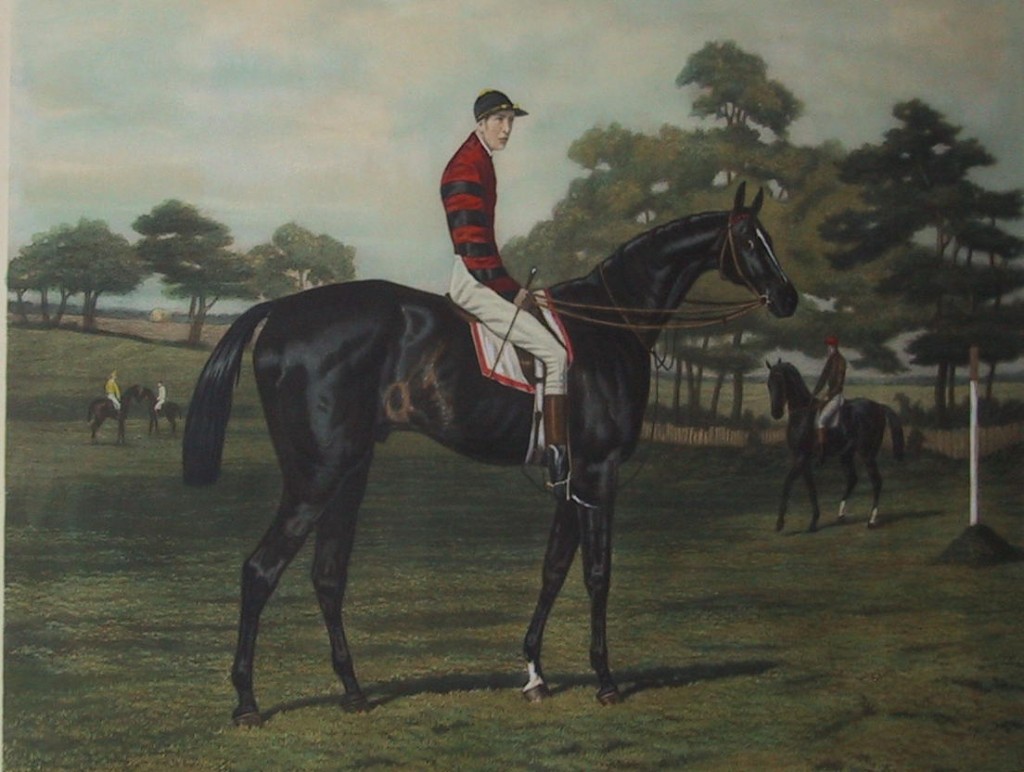Remember when we used to call them joss sticks? What happened to those British hippy sticks of ’60s/’70s yore? They’re just incense now.
According to the Online Etymology Dictionary, the word joss means “Chinese figure of a deity”, taken in 1711 from Chinese Pidgin English, from the Javanese dejos, taken in the 16th century from the Portuguese deus, “god”, from the Latin deus. Colloquially, it came to mean “luck”. Joss stick, meaning “Chinese incense”, was first recorded in 1883.
“The Joss doesn’t get so many sticks burnt under his nose as he used to; that’s a sign of ill-luck, as sure as Death.” — from Plain Tales from the Hills by Rudyard Kipling
~~~~~~~~~~~~











